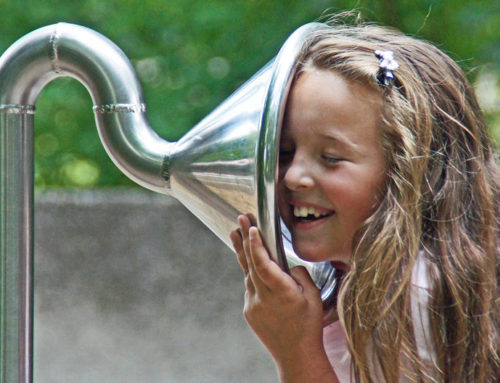Author: Jennifer S. Kennett
What is it about the holiday season that leaves so many people stressed and anxious? Is it the extra social commitments? The financial burden of gift-giving? For many people, it is the prospect of spending time with extended family and all the history that holds. While some of us have wonderful memories of childhood holidays, many others have painful memories of sibling squabbles and rivalry, parental expectations kicked into high gear, and cringe-worthy conflict. For others, the challenge of melding two disparate sets of family traditions can feel like an emotional mind-field.
Some thoughtful planning can make a world of difference on how you and your family experience this holiday season.
- Recognize your own triggers about the holiday season. Are your memories of the holiday season positive or negative? What are you holding on to that may be getting in the way of relaxing and enjoying the time off?
- Talk to your spouse (and possibly children) about your vision for the holiday season. It is easier to be on the same page when you have a shared vision of what you want. Talk about what activities and traditions are meaningful, and what are perhaps not so important any longer.
- Plan down-time/quiet-time throughout the holiday season. It’s easy to say ‘yes’ to too many events which can leave family members feeling overwhelmed and irritable.
- Plan events and traditions that take your children’s developmental stages, temperament, and patience into consideration. Consider events based on time of day, length of event, and how much sitting still/walking/standing/staying quiet is required? I have seen far too many small children melt down at big holiday events because the time of day and number of people leaves them overwhelmed.
- Let your children know they can withdraw from social gatherings if they are feeling overwhelmed. Set specific expectations around how/when this can happen. This is especially important for tweens and teens. When they have a sense of control and choice about being involved in a gathering, they are more likely to participate. And if they really want to withdraw and are not allowed to, you are likely to have a grumpy, resentful kid on your hands.
- Create a ‘quiet activities” bag for each child to take to events where they may get restless. Great activities include a small coloring book, a book to read, small jigsaw puzzle, string and beads, etc. These activities allow your child to self-soothe and you get to focus on the event without feeling as distracted.
- Spend one-on-one time with each of your children, and with your spouse. All the expected ‘togetherness’ can leave some people feeling pushed aside. Simply taking a few minutes to check in with each family member can smooth over slights and emotional bumps.
- Take time to talk to your extended family before they arrive about your vision and plans for the time they are with you. Tip: Remember that each spouse is responsible for talking to their extended family. Let your extended family know what events and traditions will be part of their visit. Respectfully ask them not to criticize or complain about your choice of activities and traditions.
- Encourage your children to ask their grandparents about how they spent holidays as a child. This can be a wonderful way to honor your parents and gain insight into why some traditions are so important to them. It also builds a bridge between your parents and your children.
- Let go of expectations of perfection – focus on building positive emotional connections and experiences.
Family and connection are the bedrock of the holiday season. Give yourself permission to do what works for you and your family.






